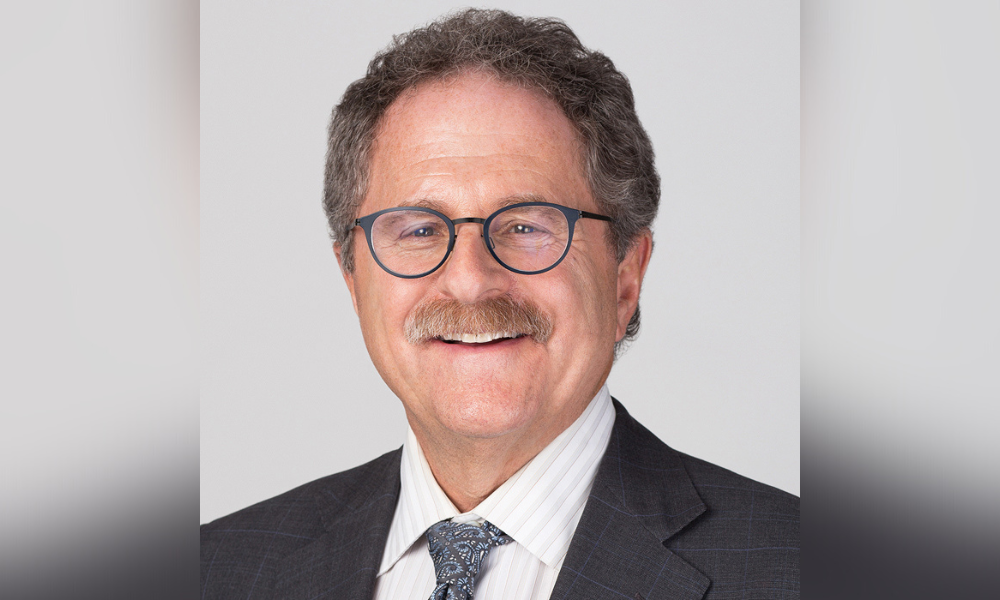King Charles III may not have to pay inheritance tax, but Queen's passing a reminder to update clients' plans

As the world’s leaders say farewell to Queen Elizabeth II at her funeral today, her advisors may be working through inheritance issues that her passing triggered.
One of the biggest flags raised last week was when the world discovered that King Charles III doesn’t have to pay inheritance tax on what he will receive from his deceased mother. That may have got many thinking about how they can update their estate planning and minimize the taxes they pay.
Read more: Queen Elizabeth’s passing spotlights royal inheritance
While all of the Toronto-based Northwood Family Office’s 80 to 90 high-net-worth clients have their own tax advisors, its tax consultant, Lorn Kutner, told Wealth Professional that the royal news can serve to remind advisors to ensure that all of their clients have done, and updated, their estate planning and checked how to minimize the inheritance tax that their loved ones will have to pay.
“That includes updating their wills when the tax laws change,” he said. “It’s important to look at what impact that tax changes can make on a will that was done a few years ago. So, that’s a significant reason to continually review and refresh it.”
Read more: Five basics to know about inheritance taxes
Kutner noted that the estate planning that needs to be done, and updated, applies to everyone, regardless of how much wealth he or she will pass on. “But,” he added, “typically, the more money a family has, the more complicated the estate planning is going to be.”
Those complications can involve family businesses as well as stocks and other assets that could trigger capital gains, and thus be taxed. It also involves ensuring that the client has left enough cash to pay Revenue Canada those taxes when they’re due. But, he noted that it can also include whether the client wants to be very philanthropic in the will, and whether things are set up so that his or her executors don’t have to pay probate fees before disbursing the assets.
“These are provincially imposed fees that can also be mitigated by appropriate strategies,” explained Kutner. “Probate fees are basically imposed when your will has to be probated. For example, if you have investments that are just in the deceased’s name, then RBC Dominion Securities won’t be able to transfer the asset until it confirms the status of the will. So, in order to get that comfort, the will has to be probated, and you have to pay a fee to the Ontario government to probate the will.
“There are a lot of strategies to mitigate the requirements to probate a will and avoid what I consider to be an unnecessary extra tax. It’s not technically a tax, but there are lots of things to consider and typically, the more money a family has, the more complicated their estate planning is going to be.”
Kutner went on to explain that ultra-high-net clients may have several properties around the world. So, they may not have to consider just paying Canadian taxes, but also the taxes that non-residents must pay in the other jurisdiction. That then triggers the question: does Canada also have a tax treaty with that country?
“There’s lots to consider, and you can’t really undertake this type of planning too late because the process may take several months, or even longer, depending on how complicated the asset mix is,” he said.
That’s why Northwood’s advisory teams include tax advisors for every one of its high-net-worth families – so they can work out all of the salient details well before those need to be executed.
But, Kutner noted that the impending transfer of the British monarch’s assets is also a good time to remind advisors to raise the issue of estate planning with their clients and take the time to educate them on this area so, together, they can work out the details and steps that will need to be taken, so there’s a seamless transition on that client’s death.
He also recommended that advisors start that tax planning early, even when clients are in their 20s, although older clients may have more accumulated assets, especially if they’ve started a business, had a successful professional career, or received an inheritance that they’ve invested.
“This type of planning should be started well in advance,” said Kutner. “Even after it’s done and implemented, it should be reviewed, probably every three to five years, because circumstances change, clients’ wishes change, and, yes, even the tax laws can change in that time.”



